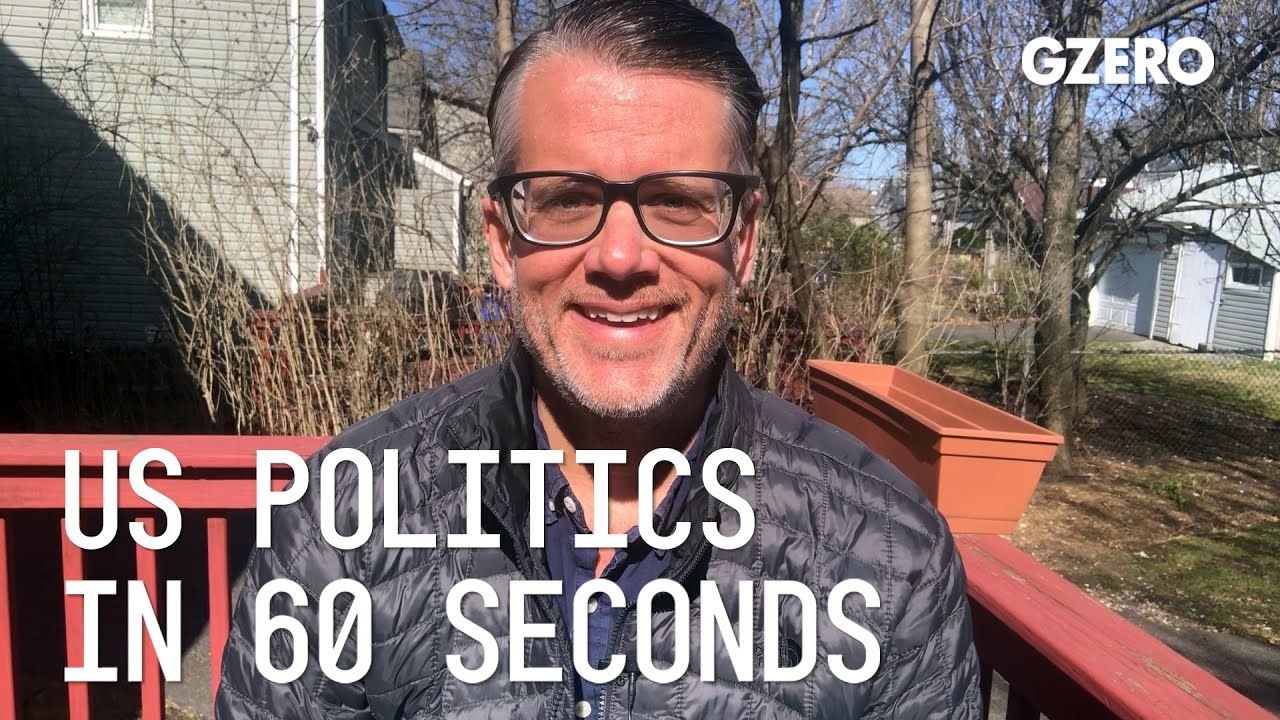US Politics In 60 Seconds
Ben White on US Elections & the Coronavirus Bill

Ben White on US Elections & the Coronavirus Bill | Dem Debates | US Politics In :60 | GZERO Media

Ben White, Chief Economic Correspondent for Politico, provides his perspective on the news in US politics:
What were the main takeaways from the first one on one Biden-Sanders debate?
Well, the takeaway is that Biden did just fine. No major blow-ups. Bernie Sanders needed to have a breakthrough moment to stop Biden's momentum. He didn't get it. It seems increasingly clear that Joe Biden will be the Democratic nominee for president, which is what we all thought from the start.
Is it possible that the coronavirus could delay the November elections?
Some rumors floating around about that, that President Trump could try to delay the election. He doesn't have the authority to do that. So that's not going to happen. It could be that the vote is spread out over a couple of days, if we're still in a bad virus situation and have social distancing and other measures could have to be taken, but the vote will happen in November.
What's in the current coronavirus bill before Congress?
Well, it's passed the House. Now before the Senate. It mainly focuses on sick leave and unemployment insurance. There are some questions whether the Senate might want changes. The White House and Treasury are already working on another bill that would be more directed towards bailing out businesses like airlines and hotels. So, we've got to get through this one and then we'll move to the next stimulus measure.
As expected, the Supreme Court struck down the bulk of Donald Trump's sweeping “Liberation Day” tariffs as illegal … and almost nothing changed.
Chris, an Army veteran, started his Walmart journey over 25 years ago as an hourly associate. Today, he manages a Distribution Center and serves as a mentor, helping others navigate their own paths to success. At Walmart, associates have the opportunity to take advantage of the pathways, perks, and pay that come with the job — with or without a college degree. In fact, more than 75% of Walmart management started as hourly associates. Learn more about how over 130,000 associates were promoted into roles of greater responsibility and higher pay in FY25.
Somewhere in the Donbas region, Ukrainian soldier Artem Bondarenko says he hasn’t slept through the night in months as he defends Eastern Ukraine.
In the latest episode of Vladimir Putin and Xi Jinping's hit wellness podcast This Authoritarian Life, we learn how positive communication patterns can break negative cycles in our relationships -- especially our relationships with Iran, Syria, Venezuela, and Cuba. #PUPPETREGIME